Stream Building
FranceParis
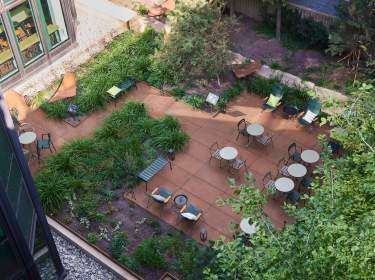

The building sector is at the heart of numerous shifts: energy, carbon, ecological, digital, social and societal. As an investor, developer and manager, Covivio operates throughout the real estate life cycle in order to offer ever greener, more efficient buildings capable of meeting the climate challenge.
Eco-construction is a responsible building practice that seeks to reduce the adverse impact of construction on the environment. Eco-construction aims to incorporate materials that respect the planet, maximise energy efficiency and reduce CO2 emissions. It provides a direct response to the climate emergency by creating healthy and sustainable living spaces and promoting a balance between the environment, the economy and social well-being.
To build sustainable buildings, a long-term strategy is essential. This strategy must meet environmental regulations and adapt to the needs of society in order to ensure building longevity and compliance.
From the design stage onwards, every choice is geared towards reducing the ecological footprint through the use of sustainable materials and efficient resource management.
The buildings are also designed to blend in with their surroundings and foster occupant well-being while enriching the urban environment. User comfort and health are also priorities, with an emphasis on thermal comfort and air quality.
Finally, eco-construction promotes flexible and versatile buildings capable of adapting to changes in use, thereby supporting functional and social diversity.
This collaborative approach requires the commitment of all project stakeholders in order to create sustainable buildings.
For Covivio, constructing sustainable buildings means promoting responsible real estate that delivers high levels of energy, environmental and social performance in order to create long-term value for the Company and the community.
Since 2015, Covivio has set bold certification targets (HQE, BREEAM, LEED) for its properties. Following the definition of Covivio’s Purpose, these objectives have been strengthened: 100% of Covivio’s portfolio must be certified by 2025.
Covivio is in the process of optimising energy performance and reducing CO2 emissions at all of its locations. To achieve this, the Company pursues a bold investment and works policy while raising awareness among the various stakeholders in the real estate chain involved in development, management or renovation.
Through its eco-construction initiatives, Covivio is helping to build more resilient and inclusive cities by combating climate change and urban sprawl, promoting the circular economy and making people the central focus of each project.
France offices (vs 71,1% in 2016)
Italy offices (vs 54% in 2016)
Hotels in Europe (vs 27% in 2016)
German residential (thanks to HQE Exploitation on the whole portfolio)
Germany offices (new portfolio)
Tertiary development pipeline aiming for a level of certification above Excellent / Gold
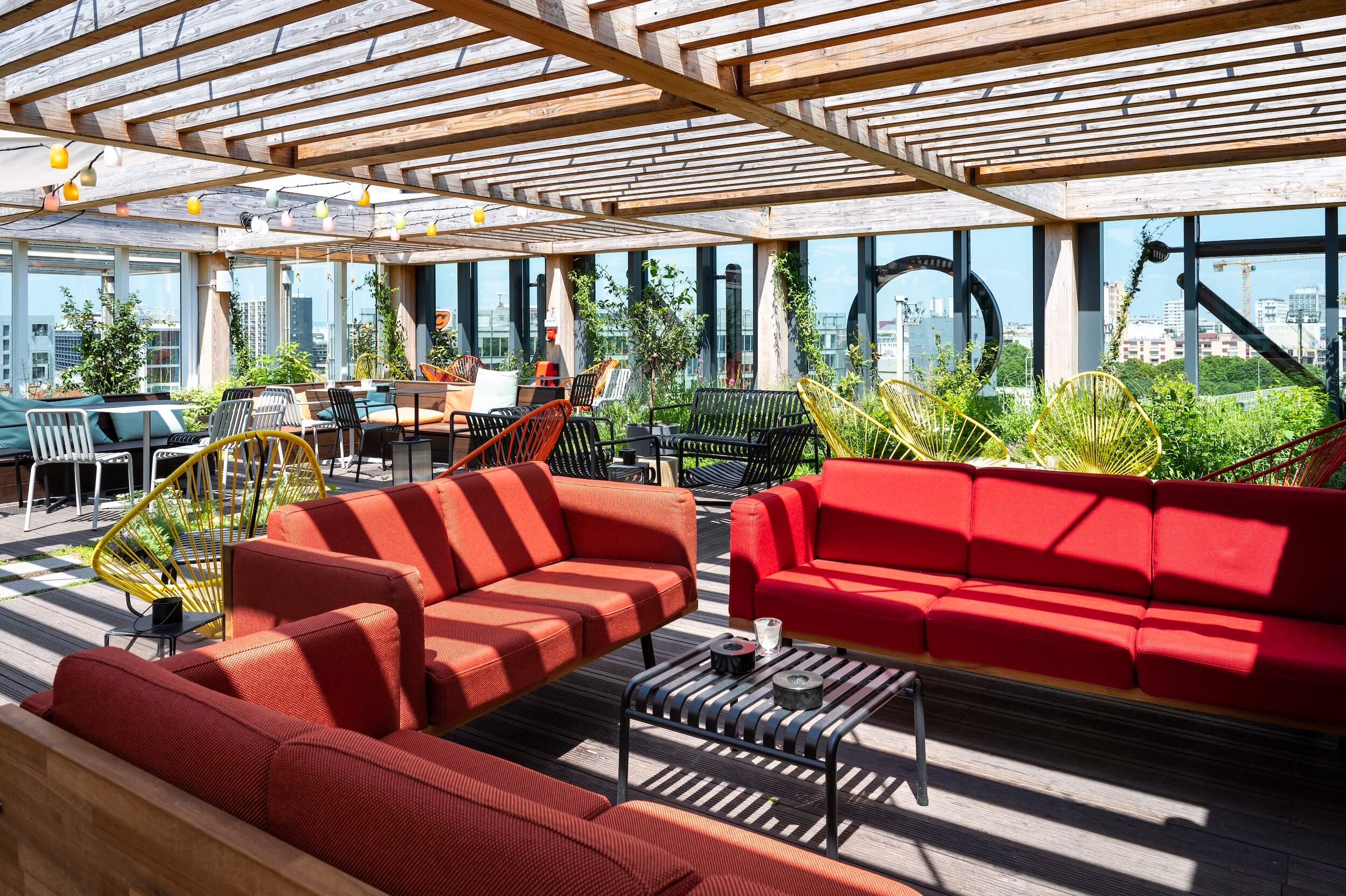
In 2017/2018, Covivio verified the compatibility of its European 2030 carbon trajectory with that of the Paris Agreement of December 2015.
Produced with the CSTB (French Scientific and Technical Centre for Building) and underpinned by a strong scientific foundation, this trajectory covers Covivio’s various products in Europe (offices, hotels and residential) and was validated by the SBT (Science-Based Targets) initiative in 2018.
In 2021 and ahead of its targets, Covivio stepped up its carbon ambitions to align with a 1.5°C trajectory and aim for a “Net Zero Carbon” contribution (Scopes 1 and 2) and a well-below 2°C trajectory (Scope 3 including construction/renovation).
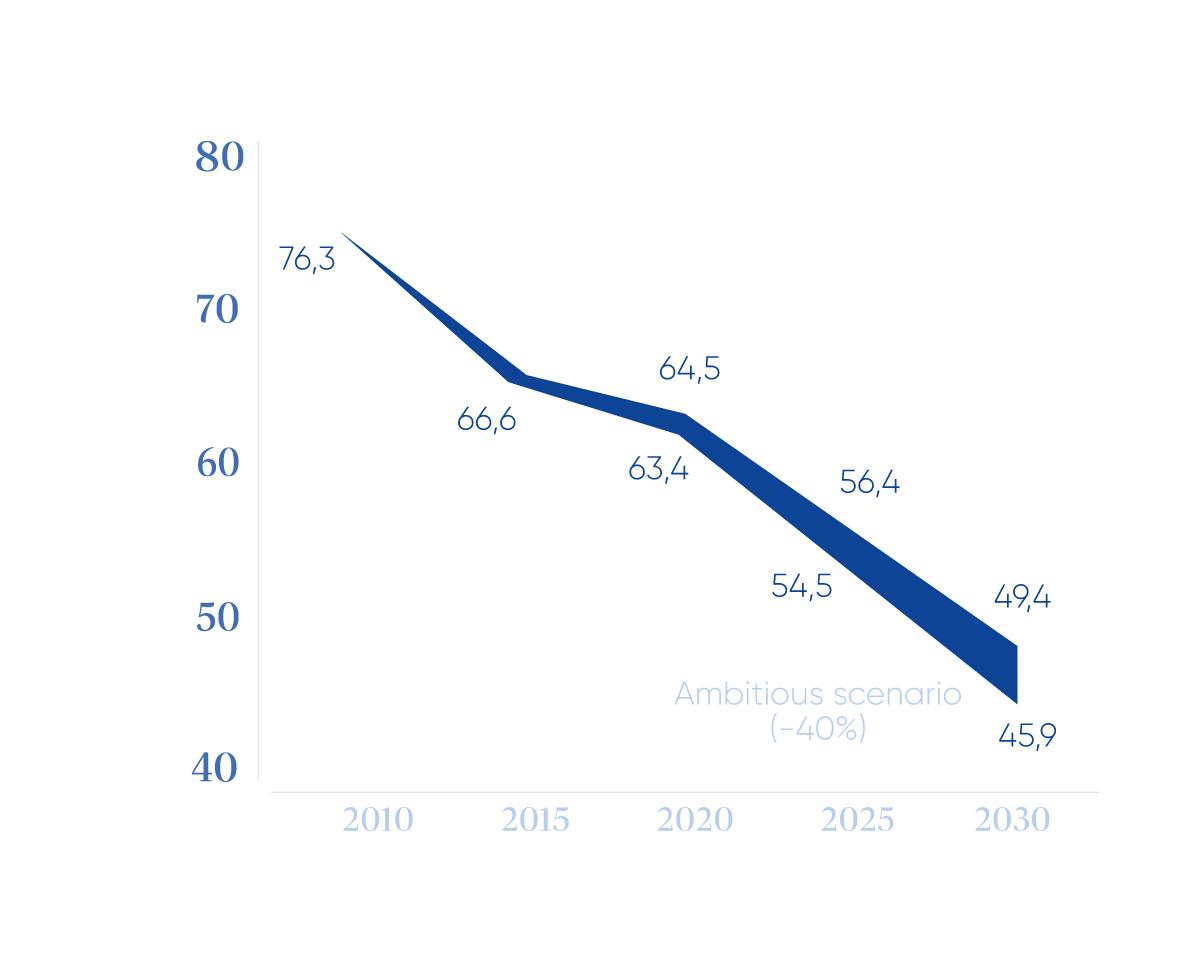
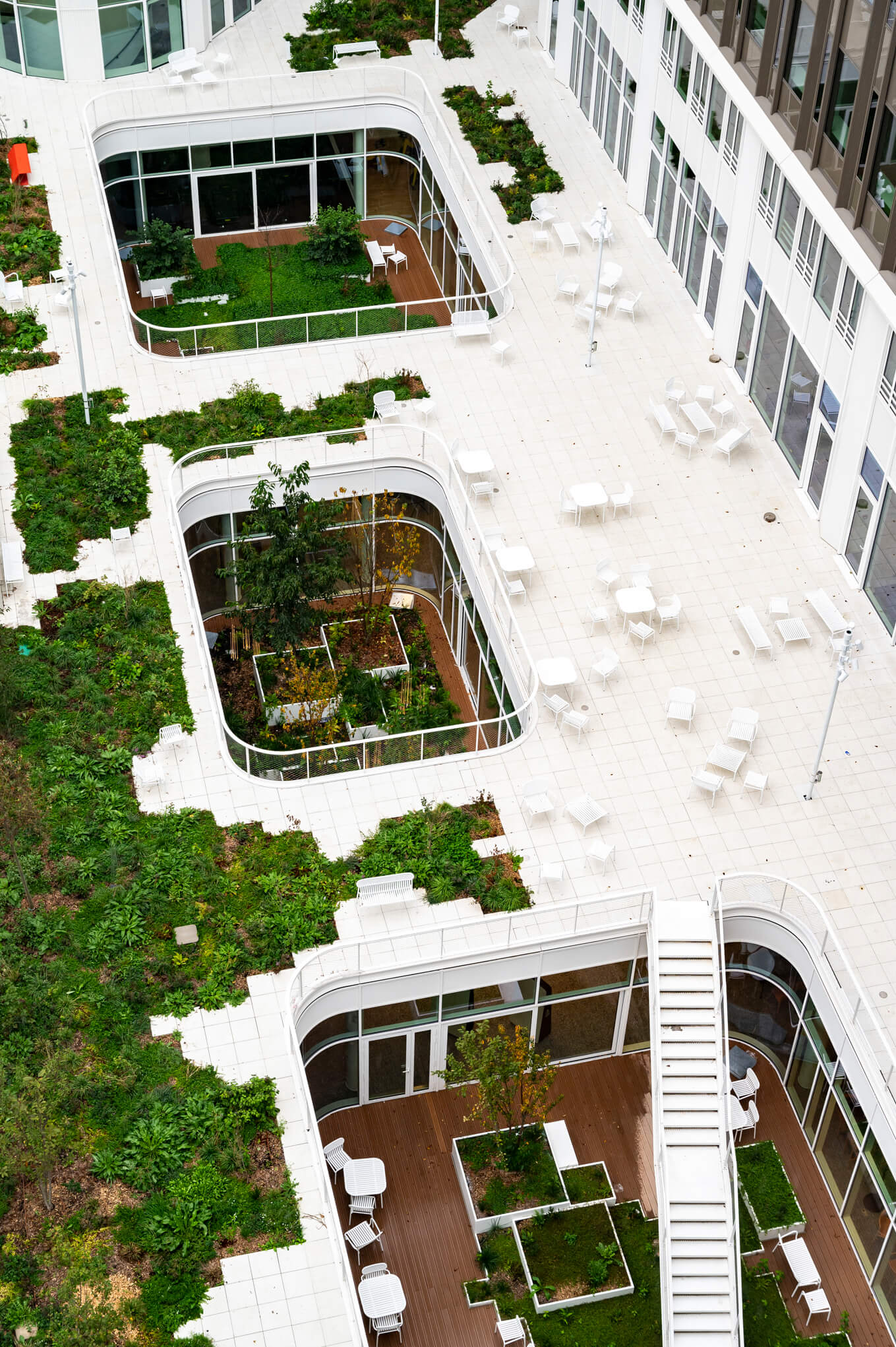
Discover
Discover Covivio’s strategy and actions to combat global warming
Covivio is committed to reducing its greenhouse gas emissions by 63% in absolute terms by 2030 versus 2015 for its direct activities (Scopes 1 and 2), in line with a 1.5°C trajectory.
The Group is also committed to reducing its indirect emissions linked to the consumption of all the properties in its European portfolio, as well as the construction and renovation of assets (Scope 3) by 37.5%, in line with a well-below 2°C trajectory (between 1.5 and 2°C).
These objectives lead to a targeted reduction of 40% in intensity per m² held by Covivio in Europe between 2010 and 2030.
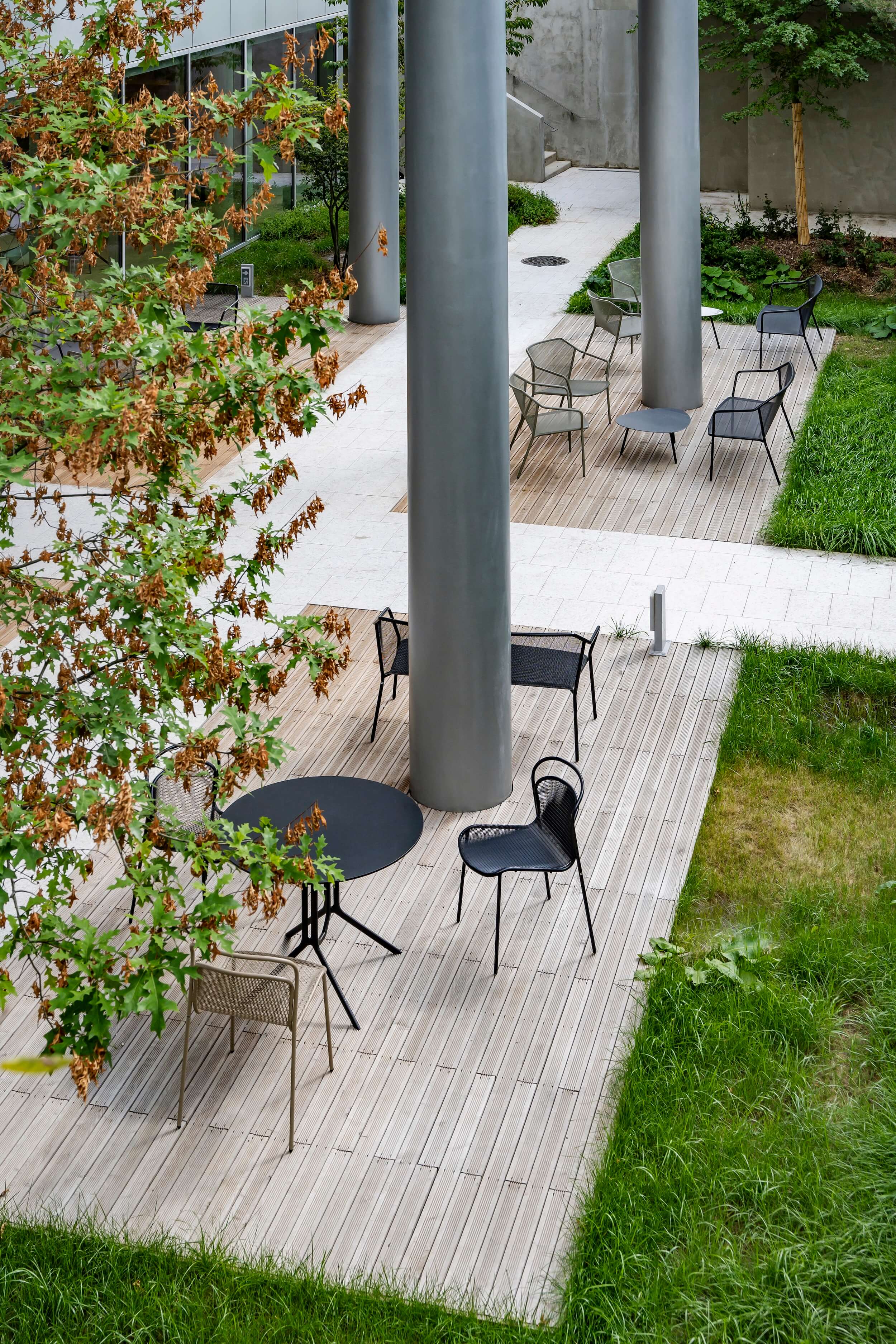

Against a backdrop of global energy tension and in keeping with its awareness of water issues, Covivio has long taken steps to optimise consumption in its buildings. These measures are already bearing fruit: between 2008 and 2022, the amount of water consumed by our office portfolio in France fell by 38%.
To align our actions with the French government’s Water Plan, we have deployed EcoWater, a raft of tangible measures designed to optimise water consumption in our office buildings in France while involving our entire ecosystem.
EcoWater is a set of actions and objectives based on four pillars:
Building Information Modelling (BIM) plays a crucial role in optimising building construction and operation. This building data modelling system enables better planning, more efficient design and optimised resource management.
BIM facilitates the operational management of properties while optimising spatial planning and access to facilities through the precise geolocation of equipment.
During the operating phase, BIM enables precise and proactive management of energy systems and water supplies by providing an in-depth digital representation of the building’s physical and functional characteristics using remote warning and control systems.
This technology has been incorporated into all of Covivio’s recently delivered properties and now comes as standard in new development projects, underlining the Company’s commitment to sustainable construction practices.
In 2021, Covivio was awarded the Silver BIM for the Stream Building project in Paris, recognising the advanced use of BIM in anticipating technical constraints and fostering collaboration between all project stakeholders.
Located at the kernel of the Greater Paris region’s future hub, Stream Building offers 16,200 m² of mixed-use space combining innovation and environmental excellence. Boasting high levels of certification (HQE Exceptional, BREEAM Excellent, BBCA, E+C- and effinergie+ labels), the project features an architecture combining concrete and wood, extensive green spaces and photovoltaic panels.
FranceParis
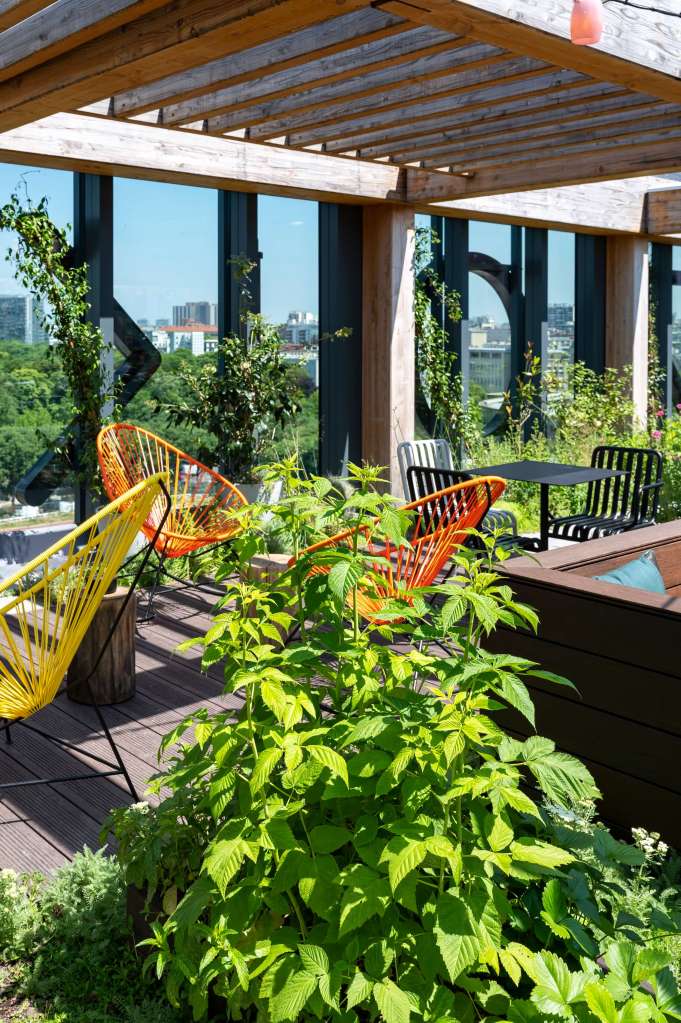
2,000 m3 of wood used allowing the storage of 1,400 teqCO2
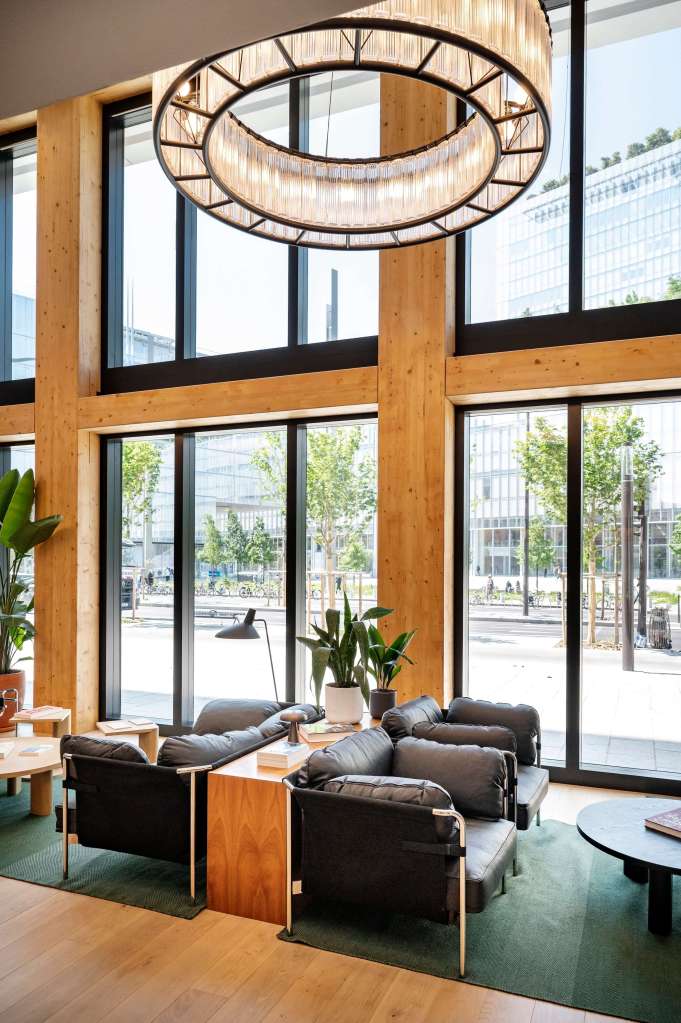
Reduced energy cost over its entire lifespan compared to other construction materials
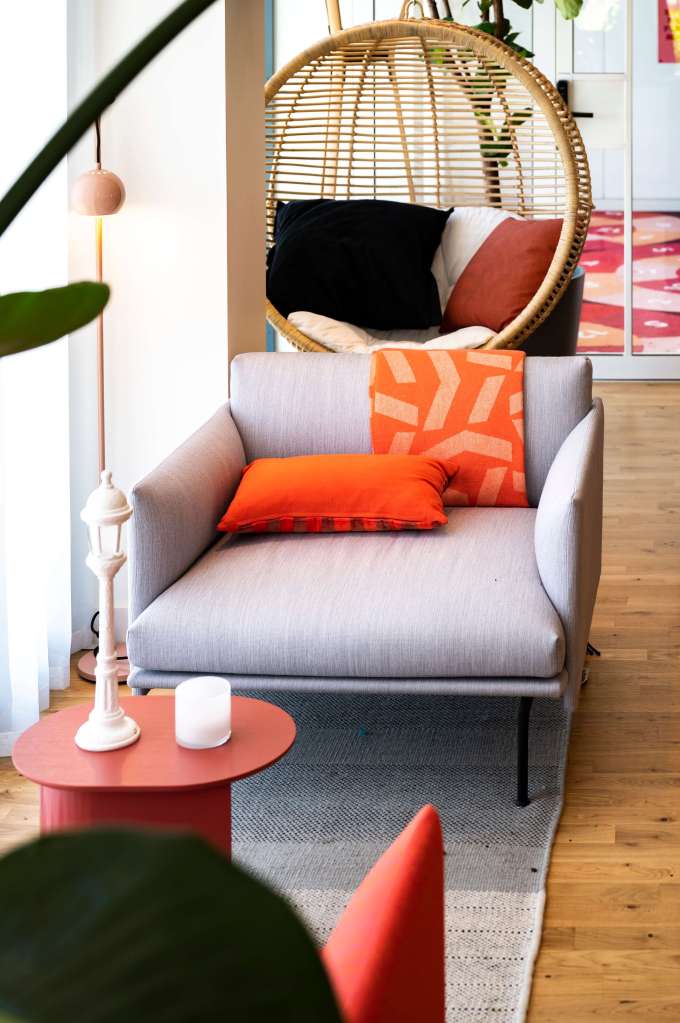
Participation in local economic development: 120% increase of the working hours
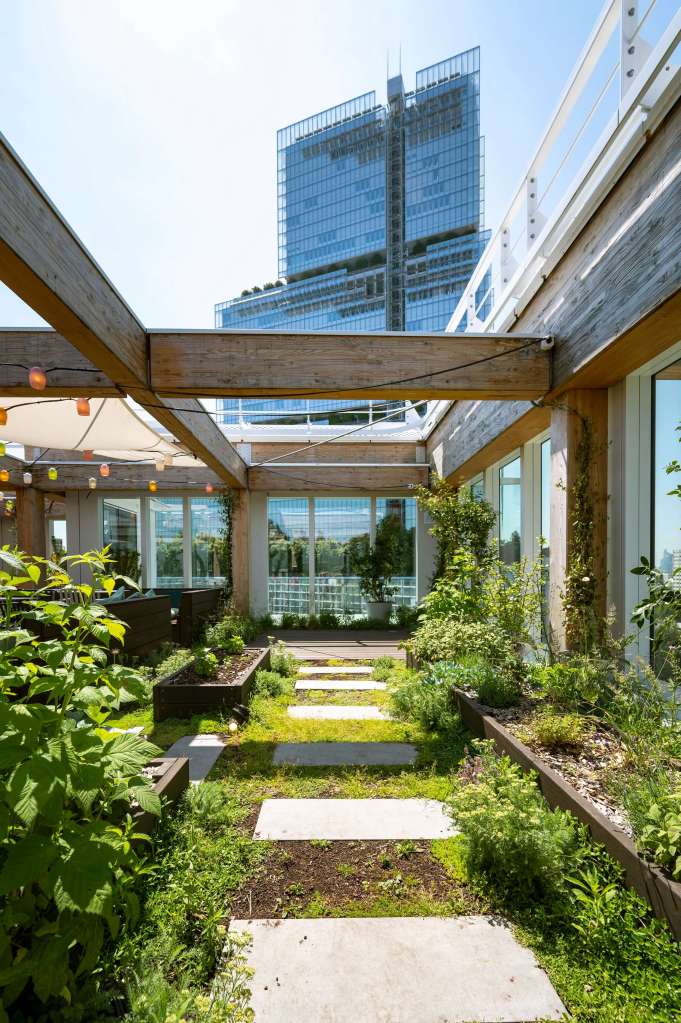
Easier and lighter assembly thanks to prefabrication in the workshop: one stage assembled in 10 working days
Sustainable & inclusive city Building a smarter and more sustainable city in conjunction with local stakeholders.
Committed & responsible social policy
Innovating to enrich the skills of employees.
Transparent & ethical governance
Guaranteeing an ethical and transparent governance framework, ensuring best practices.